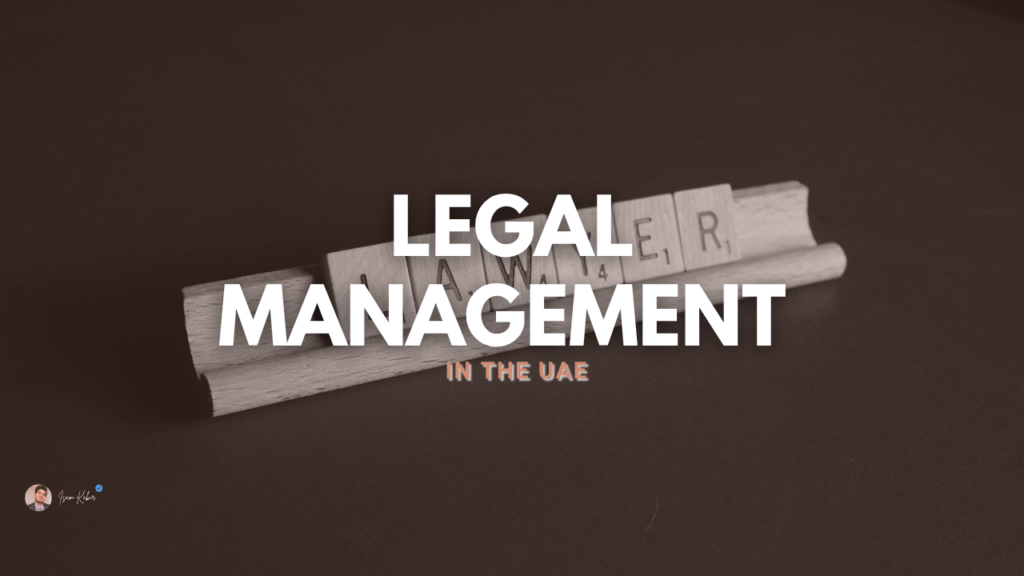Why Independent Directors in Corporate Governance Matter Today
In the post-Enron, post-Satyam corporate era, independent directors in corporate governance are not just a trend but a necessity. Their rise reflects a global demand for accountability, objectivity, and ethical oversight at the board level. Countries across the world, including the United Arab Emirates (UAE), have recognized the power of board independence in restoring investor trust and protecting minority shareholders.
Scandals like Enron (USA), Satyam (India), and more recently, 1MDB and Theranos, revealed the dangers of insider-dominated boards. In response, regulatory bodies worldwide began mandating the inclusion of them in the frameworks.
The UAE, especially in its ambitious financial hubs of Dubai and Abu Dhabi, has recently overhauled its corporate governance regulations to bring them in line with international best practices. Independent directors are now key to strengthening internal controls, boosting investor confidence, and ensuring long-term business sustainability.
UAE’s Legal Framework for Independent Directors in Corporate Governance
The Securities and Commodities Authority (SCA) in the UAE mandates that all publicly listed companies must have a board where:
- A majority of the directors are non-executive.
- At least one-third of the board are independent directors.
This is explicitly outlined in the UAE Corporate Governance Code (SCA Decision No. 3/R.M of 2020) and further reinforced in updates introduced in 2024.
To qualify as independent in the UAE:
- A director must not have held an executive role in the company within the past two years.
- They must have no material relationship (business or financial) with the company, subsidiaries, or major shareholders.
- They must not own more than 5% of the company’s capital.
These standards reflect the country’s increasing emphasis on ensuring that independent directors in corporate governance can function without conflict of interest and actively contribute to strategic oversight.
Key Responsibilities of Independent Directors in UAE Boards
In the UAE, especially in free zones like the Dubai Financial Market (DFM) or Abu Dhabi Global Market (ADGM), independent directors play crucial roles such as:
- Chairing or serving on Audit, Risk, and Nomination Committees.
- Ensuring transparency and integrity in financial reporting.
- Monitoring compliance with regulations (SCA, Central Bank of UAE, etc.).
- Challenging executive management when needed to protect shareholder and public interests.
Recommended Tools for Independent Directors:
Today’s independent directors often rely on modern board management software like Boardable, Diligent, or Nasdaq Boardvantage to access agendas, financial reports, and secure voting tools. These platforms improve boardroom efficiency and strengthen oversight functions.
Independent directors in corporate governance are also expected to uphold Shariah compliance, ESG standards, and strategic risk frameworks. Their role is particularly critical in sectors like banking, real estate, and utilities, where state ownership and foreign investment intersect.
The Strategic Importance of Independent Directors in Corporate Governance
Globally, companies with strong independent boards:
- Report higher financial performance.
- Attract more foreign investment.
- They are less likely to suffer from fraud or compliance failures.
In the UAE, where many companies are family-owned or semi-government-linked, the presence of independent directors in corporate governance ensures that decision-making is not monopolized by insiders. This wonderful approach of the country protects minority shareholders and strengthens Dubai’s and Abu Dhabi’s positioning as transparent financial centers.
Examples:
- Emaar Properties: Strengthened its board with more independent directors ahead of global expansion.
- First Abu Dhabi Bank (FAB): Demonstrates a strong audit and risk committee structure with a balance of independence.
- DEWA (Dubai Electricity and Water Authority): Adopted top-tier governance standards during its record-breaking 2022 IPO.
Summary: Why the UAE Is Now a Leader in Board Independence
The UAE’s regulatory transformation and global ambitions have positioned it as a regional leader in corporate governance excellence. The mandatory inclusion of independent directors in corporate governance ensures greater transparency, accountability, and ethical oversight.
Whether reviewing complex financials, challenging executive actions, or guiding strategic risk decisions, independent directors in corporate governance are no longer just legal requirements. They are strategic guardians of sustainable success.
Tools and Resources for Independent Directors
If you’re a governance professional or part of a corporate board, consider exploring these tools and resources that support the role of independent directors in corporate governance:
- Boardable – Board Management Made Simple
- Diligent Boards – Trusted by 700,000+ Directors Worldwide
- Corporate Governance Essentials – Coursera Online Course
- “Boards That Lead” – Buy the Book on Amazon
Thank you for reading my blog. Subscribe for the updates for actionable insights, global career strategies, and real stories from the worlds of law, finance, and business, delivered straight to your inbox.
References
- Kabir, Isam. Dissertation: Accountability and Impact of Independent Directors in Contemporary Corporate Governance, Birkbeck, University of London (2023). (Feel free to email me if you want to read it)
- UAE Securities and Commodities Authority (SCA). Corporate Governance Guide for Public Joint Stock Companies (2020)
- ADGM Corporate Governance Rules (2022)
- Dubai Financial Market (DFM) Governance Regulations
- PwC Middle East. UAE Governance Reforms Report (2024)
- Companies Act, India (2013)
- UK Corporate Governance Code (FRC, 2018)
- U.S. Sarbanes-Oxley Act (2002)



Pingback: Independent Directors: US UK India & UAE Compared